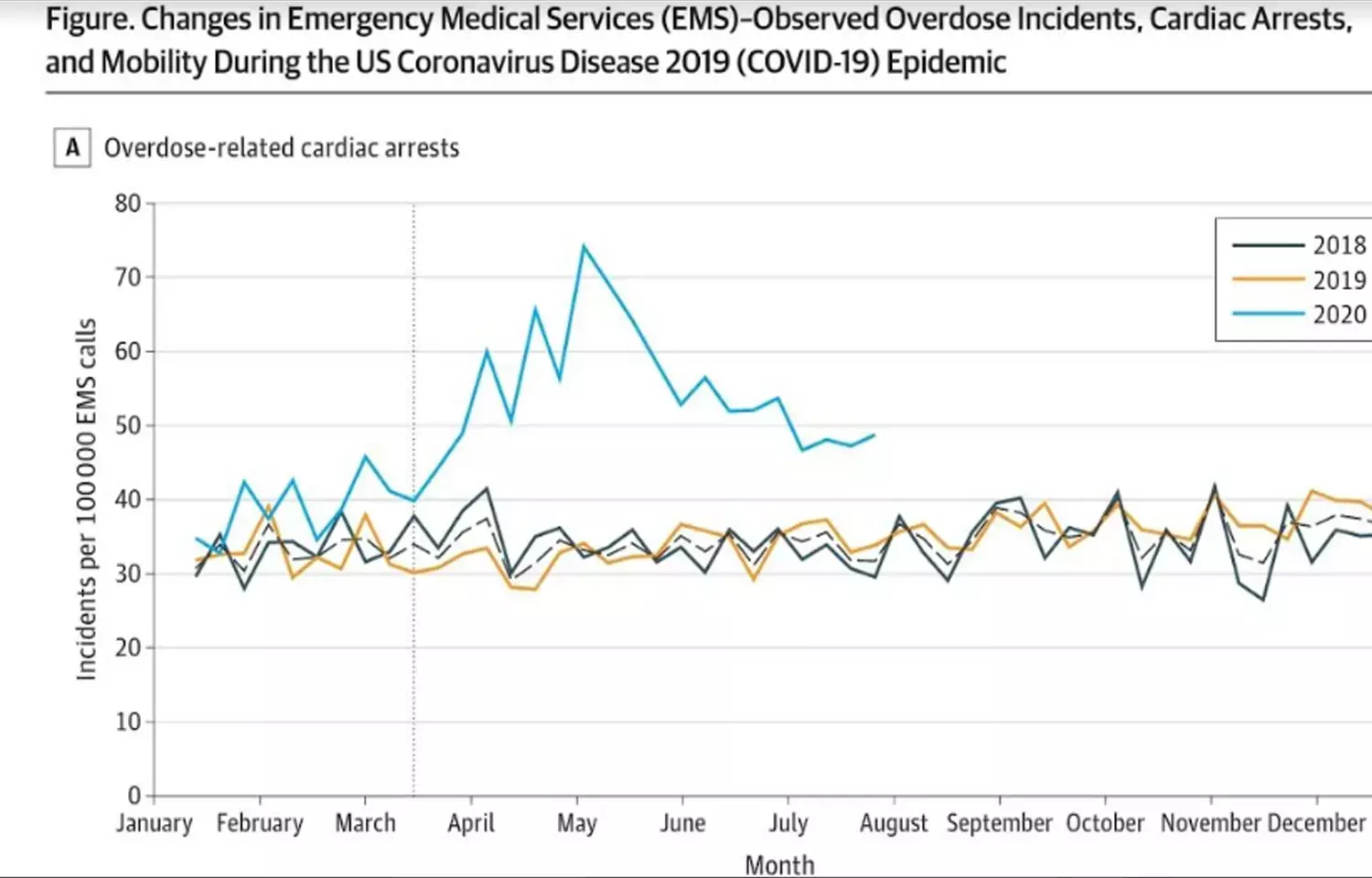- Home
- Medical news & Guidelines
- Anesthesiology
- Cardiology and CTVS
- Critical Care
- Dentistry
- Dermatology
- Diabetes and Endocrinology
- ENT
- Gastroenterology
- Medicine
- Nephrology
- Neurology
- Obstretics-Gynaecology
- Oncology
- Ophthalmology
- Orthopaedics
- Pediatrics-Neonatology
- Psychiatry
- Pulmonology
- Radiology
- Surgery
- Urology
- Laboratory Medicine
- Diet
- Nursing
- Paramedical
- Physiotherapy
- Health news
- Fact Check
- Bone Health Fact Check
- Brain Health Fact Check
- Cancer Related Fact Check
- Child Care Fact Check
- Dental and oral health fact check
- Diabetes and metabolic health fact check
- Diet and Nutrition Fact Check
- Eye and ENT Care Fact Check
- Fitness fact check
- Gut health fact check
- Heart health fact check
- Kidney health fact check
- Medical education fact check
- Men's health fact check
- Respiratory fact check
- Skin and hair care fact check
- Vaccine and Immunization fact check
- Women's health fact check
- AYUSH
- State News
- Andaman and Nicobar Islands
- Andhra Pradesh
- Arunachal Pradesh
- Assam
- Bihar
- Chandigarh
- Chattisgarh
- Dadra and Nagar Haveli
- Daman and Diu
- Delhi
- Goa
- Gujarat
- Haryana
- Himachal Pradesh
- Jammu & Kashmir
- Jharkhand
- Karnataka
- Kerala
- Ladakh
- Lakshadweep
- Madhya Pradesh
- Maharashtra
- Manipur
- Meghalaya
- Mizoram
- Nagaland
- Odisha
- Puducherry
- Punjab
- Rajasthan
- Sikkim
- Tamil Nadu
- Telangana
- Tripura
- Uttar Pradesh
- Uttrakhand
- West Bengal
- Medical Education
- Industry
COVID-19 fallout: Drug overdose-related cardiac arrests surge during isolation

While everyone was focusing on treatment for COVID-19, the management of psychiatric patients took a huge toll. According to a study published in JAMA Psychiatry journal, National EMS Information System (NEMSIS) 2020 database showed an excess in drug overdose-related cardiac arrests (>50%) along with excess in overdose-related emergency medical services (EMS) calls, as the mobility markedly decreased across US, as a measure of social distancing.
In this retrospective, observational analysis using the National EMS Information System (NEMSIS) a weekly overdose-related cardiac arrests and overdose-related EMS activations were noted. A comparative analysis was then made between 2020 values, keeping the weekly average of 2018 and 2019 values as the baseline. To account for the potential pandemic-related decrease in call volume, the average call volumes for weeks 1 to 10 of 2020 were assessed separately.
1. The study reports that in April 2020, there was a spike in overdose-related cardiac arrests reaching 74.1 per 1,00,000 EMS activation; (i.e. 123.4% above baseline) by the start of May.
2. By the end of July overdose-related cardiac arrests subsequently decreased but still remained 53.7% above the baseline (I.e., 48.7 per 1,00,000).
3. It totaled to be 49.5 per 1,00,000 EMS activations (48.5% above the baseline) throughout the month of August.
These trends corresponded with the sharp drop in mobility starting around mid-March, reaching a minimum of -51.8% of baseline in mid-April and slowly increasing to -24.3% by the end of July.
To summarize peak rates of over-dose related cardiac arrest in May 2020 were more than double baseline from 2018 & 2019 and overall, 2020 values were elevated by approximately 50%.
The temporal similarities to decreased mobility suggest that the fallout from the COVID-19 pandemic—perhaps especially social isolation—is sharply accelerating fatal overdose trends (as shown in the graph). Social isolation causing decrease mobility also led to accelerated fatal outcomes thus increasing Case Fatality Rate (CFR).
Trends such as- an increased proportion of individuals using substances alone, increased toxification of the drug supply, and reduced access to treatment could increase the lethality of each overdose incidence. The shifts observed here suggest that measures to address the pandemic have largely failed to mitigate overdose risk.
Source Reference: Friedman J, et al "Overdose-related cardiac arrests observed by emergency medical services during the U.S. COVID-19 epidemic"
JAMA Psychiatry 2020; DOI: 10.1001/jamapsychiatry.2020.4218.
M.B.B.S, M.D. Psychiatry
M.B.B.S, M.D. Psychiatry (Teerthanker Mahavir University, U.P.) Currently working as Senior Resident in Department of Psychiatry, Institute of Human Behaviour and Allied Sciences (IHBAS) Dilshad Garden, New Delhi. Actively involved in various research activities of the department.
Dr Kamal Kant Kohli-MBBS, DTCD- a chest specialist with more than 30 years of practice and a flair for writing clinical articles, Dr Kamal Kant Kohli joined Medical Dialogues as a Chief Editor of Medical News. Besides writing articles, as an editor, he proofreads and verifies all the medical content published on Medical Dialogues including those coming from journals, studies,medical conferences,guidelines etc. Email: drkohli@medicaldialogues.in. Contact no. 011-43720751


